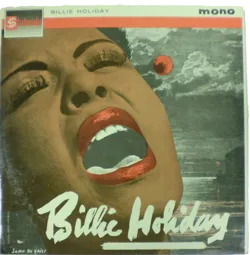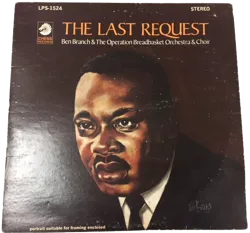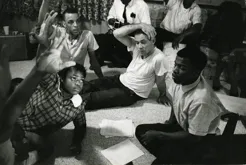This post contains mature language.
April is National Jazz Appreciation Month. Jazz remains a highly celebrated art form and inspires artists in other genres to this day.
Jazz music had a critical role in the Civil Rights Movement and was integral to African American history. The music genre was born from the work songs of enslaved Black people during a time when community and self-expression were of the utmost importance. Centuries later, while governments and individuals attempted to silence the Black political voice, jazz became an outlet.
In 1939, Billie Holiday’s rendition of Abel Meeropol’s poem, “Strange Fruit”, described the horrors of Jim Crow-era lynching. The song is often considered the first and most influential jazz protest song.

In the late 1950s, jazz musicians became outspoken activists and started creating the soundtrack for the Civil Rights Movement. Record labels and television networks attempted to silence these artists and occasionally succeeded. Jazz songwriters, like Nina Simone and Charles Mingus, were undeterred by the opposition, and used their lyrics to further the movement. Simone’s Four Women, for example, highlighted four specific stereotypes of Black women while Mississippi Goddamn responded to the 1963 murder of activist Medgar Evers. Similarly, Jazz instrumentalists, like Duke Ellington, Cal Massey, and John Coltrane, composed music invoking the emotions of the Black Freedom struggle.
Ben Branch, a talented tenor saxophonist and Memphis native, directed the Southern Christian Leadership Conference’s (SCLC) Operation Breadbasket Orchestra in the 1960s. They performed at benefits and rallies for Operation/PUSH and Dr. Martin Luther King, Jr.
Moments before his assassination in 1968, Dr. King requested that Branch play “Precious Lord, Take My Hand” at the rally they were preparing to attend. To honor Dr. King’s last request, Ben Branch and the Operation Breadbasket Orchestra released the record, The Last Request, less than two weeks later.
Ella Fitzgerald was one of many artists who posthumously honored Dr. King with her single “He Had A Dream.”
The Last Request was loaned to the National Civil Rights Museum by Vivian Branch, Ben Branch’s widow, in 2017.
The record Billie Holiday was purchased by the Museum in 2011.
If you have an item that you would like to offer the National Civil Rights Museum as we grow our collection, please contact me, Schillica Howard at collections@civilrightsmuseum.org.

